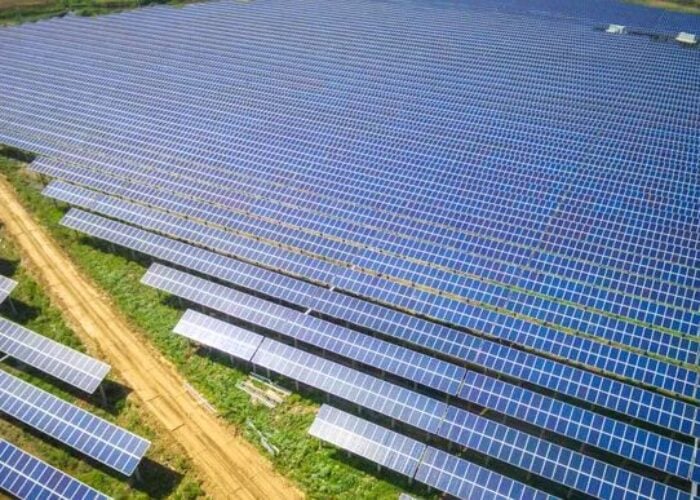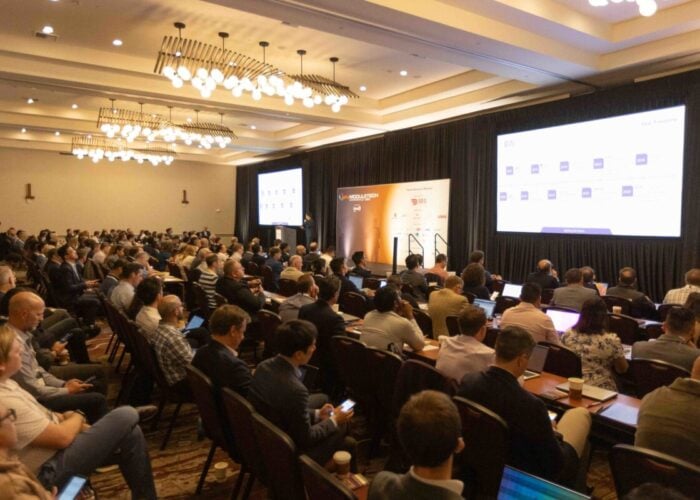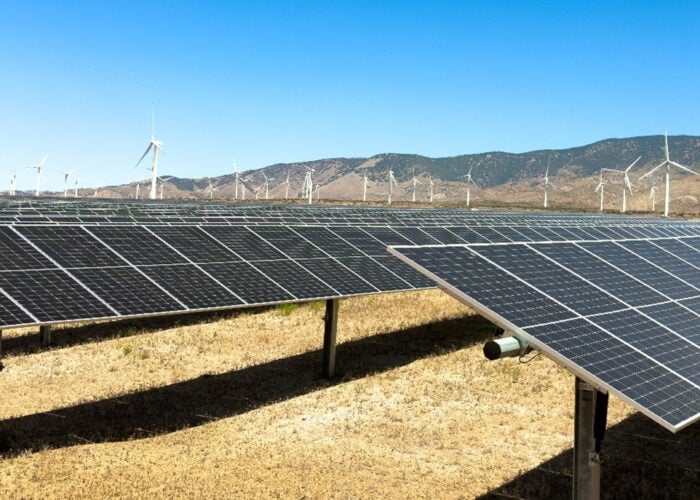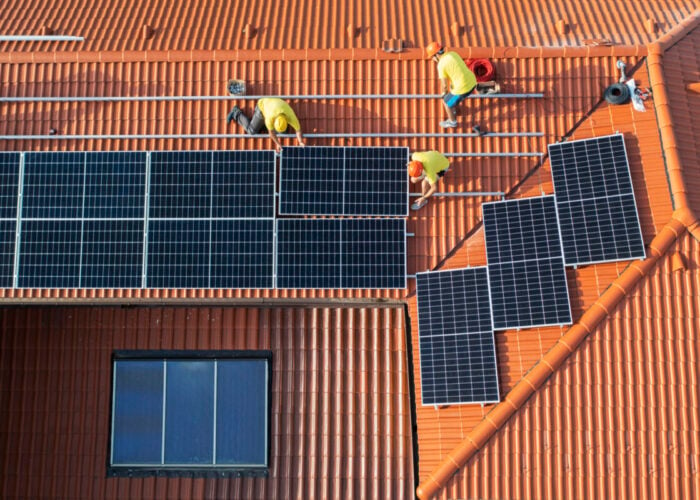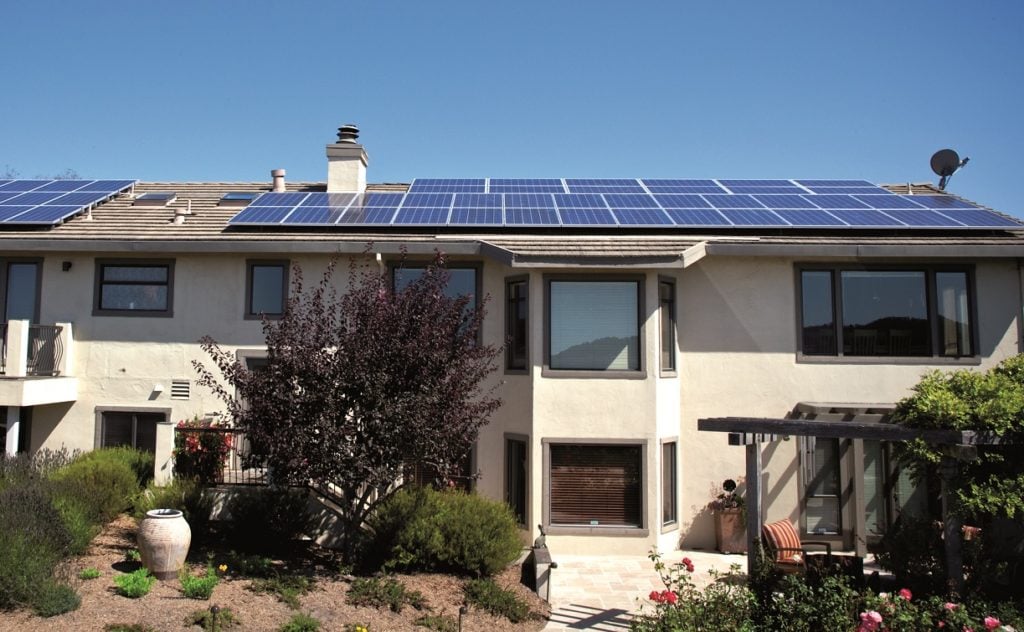
Rallies are set to be held in San Francisco and Los Angeles as the California Public Utilities Commission (CPUC) meets to discuss controversial net metering proposals for the state.
In what’s being billed as the largest ever submission of live and pre-recorded public comments in the CPUC’s history, hundreds of solar stakeholders are expected to converge tomorrow (2 June 2022) upon CPUC’s headquarters in San Francisco, at LA’s Grand Park performance lawn to deliver comments relating to the commission’s NEM3.0 proposals.
Unlock unlimited access for 12 whole months of distinctive global analysis
Photovoltaics International is now included.
- Regular insight and analysis of the industry’s biggest developments
- In-depth interviews with the industry’s leading figures
- Unlimited digital access to the PV Tech Power journal catalogue
- Unlimited digital access to the Photovoltaics International journal catalogue
- Access to more than 1,000 technical papers
- Discounts on Solar Media’s portfolio of events, in-person and virtual
Thousands more pre-recorded video testimonials are to be submitted to the CPUC on the same day under the joint banner of ‘Don’t Tax the Sun’.
The Save California Solar coalition has coordinated the rallies to make the extent of ill feeling towards the NEM3.0 proposals made last December.
Those plans would effectively strip back solar export credits in the state by around 80% while simultaneously adding a fixed charge of US$57 per month for each residential solar system. While this would be offset by a US$15 credit paid each month for ten years, the cuts, if enacted, would still slash project economics for rooftop solar in California.
Wood Mackenzie warned earlier this year that the NEM3.0 plans threatened to cut California’s rooftop solar market in half.
The plans were criticised near universally, including by the state’s governor Gavin Newsom, and the CPUC effectively admitted defeat last month, requesting feedback for how a replacement net metering scheme could be better designed.
That consultation remains open and comments are welcomed until 24 June, however concerns remain that a subsequently designed scheme could still penalise solar in the state.



